More African countries approve GM crop trials
- By Zimpapers Syndication |
- 21 Dec, 2025 |
- 0
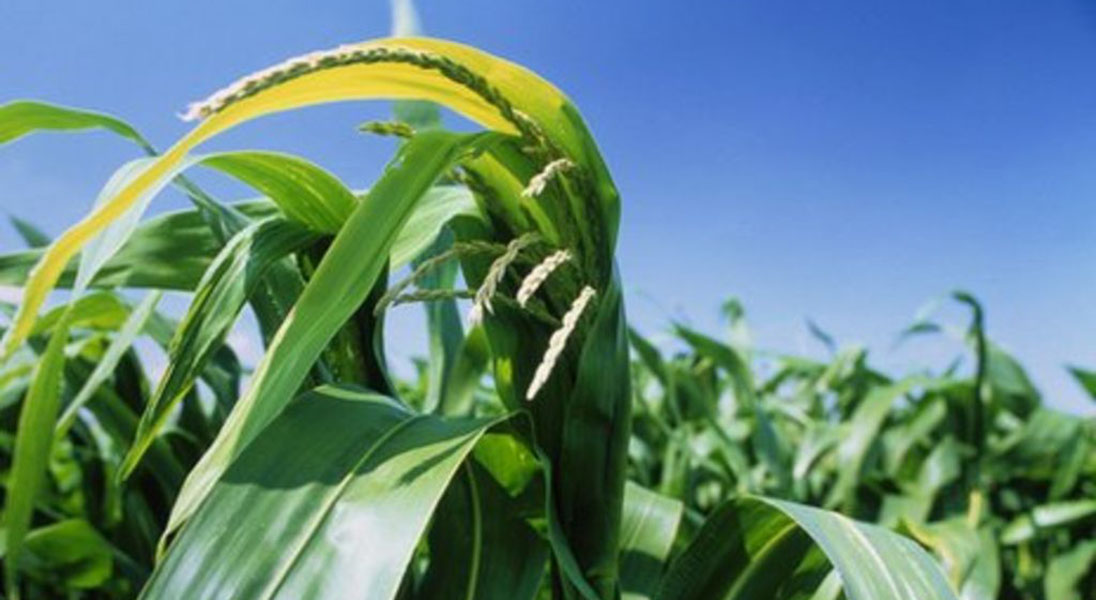
Sifelani Tsiko ---
Africa is quietly changing course of genetically modified crops field testing by giving conditional approval for crop trials as most countries on the continent now see the use of science, technology and innovation as a vehicle to achieve food security for the increasing population.
Recently, Kenya joined the list of African countries that have given a thumbs up to GM crop trials.
The Kenya Biosafety Authority granted a conditional approval for environmental release of insect resistant maize (Bt maize) for national performance trials.
But maize has been genetically modified to produce an insecticide – Bt protein – that kills certain insect pests.
Scientists say the gene added to the maize comes from the soil bacterium Bacillus thuringiensis (Bt), which has long been known to possess an insecticidal effect and widely used in organic agriculture.
Kenyan researchers say the transformed crop will be able to withstand stem borers, known to reduce maize production by an average of 13 percent or 400 000 tonnes of maize, equivalent to the normal yearly amount of maize that Kenya imports.
This damage is valued at more than US$80 million.
The Kenyan approval was reached after comprehensive review of the application submitted by Kenya Agricultural Livestock and Research Organization (KALRO) and the African Agricultural Technology Foundation (AATF) in June 2015.
The review process included a public participation exercise, where stakeholders submitted written comments on the application.
Kenyan legislators, after conducting study tours at various research facilities, said the country has the requisite capacity for GM crop research and regulation.
“We have the capacity, technology and science to produce adequate food for our people, through biotechnology,” said Dr Wilbur Ottichilo, Kenyan legislator.
Agricultural experts in Africa and the African Union’s New Partnership for Africa's Development (NEPAD), have underscored the use of science, technology and innovation as a vehicle to achieve food security for the continent’s growing population.
For decades, Africa was a hostile place for researchers testing genetically modified (GM) crops.
Most governments barred the commercial planting of a transgenic crops after protests from anti-GMO activists.
After heavy lobbying by anti – GMO activists, most African countries crafted moratoriums to bar any GMO field trials, denying local scientists the opportunity to explore the use of biotechnology to enhance crop yields
Speaking during the launch of the 2014 International Service for the Acquisition of Agri-biotech Applications (ISAAA) global report on commercialised biotech crops in Harare, COMESA senior biotechnology policy advisor Dr Getachew Belay said the utilization of biotechnology by plant breeders could help the continent to address a myriad of agricultural related challenges including hunger, increasing population and declining food production.
“This is the problem with global biotechnology, it’s not addressing indigenous crops,” he said. “There is need for a strong political will and concerted efforts by African plant breeders to use biotechnology to enhance the nutritional and productivity levels of indigenous African food crops.”
Research into indigenous food crops, Dr Belay said, will enable agricultural extension workers to advise smallholder farmers in their respective countries to continue to grow local crops that address their own needs.
“African researchers should take the lead in promoting biotechnology research on African crops,” he said.
“Only African scientists or those working in Africa know the desires of African farmers and consumers and we should not hesitate to use new equipment and techniques to “genetically sequence, assemble and annotate the genomes” of thousands of indigenous African crops.”
Despite stiff resistance to GMOs, most African countries have quietly changed course on GM field testing.
In the past year, Zanu PF, the ruling party in Zimbabwe endorsed the use of biotechnology to improve the growing of crops and enhance food security.
Many other African countries have now approved field trials of GM crops, between them allowing tests that include transgenic rice, cotton and maize.
“We need biotechnology to help answer Africa’s most problems that include food insecurity and nutrition insecurity,” said a University of Zimbabwe biochemist.
“Our governments must allow researchers to do GM crop trials. Look at what’s happening to tissue culture research which has led to better sweet potato yields here in Zimbabwe. Its biotechnology at best and there is no better feeling than to know that your technology is performing in the field.”
In Africa, only four countries - South Africa, Burkina Faso, Sudan and Egypt have commercialised genetically modified (GM) crops, while 19 countries have established biosafety regulatory systems, four countries are developing regulatory systems, 21 countries are a work in progress, and 10 have no National Biosafety Frameworks (NBFs).
Nigeria, Uganda and Malawi, were among countries that have approved GM crop trials.
Experts say one of the reasons for slow adoption of biotechnology is the lack of functional regulatory systems, including inability to perform timely decision-making.
Other factors, they say, include the absence of national legislation, regulations, risk assessment policies or procedures and inadequate capacity for implementing functional regulatory systems.
In 2014, South Africa grew 2, 7 million hectares of biotech maize of which 28 percent was Bt maize.
A Kenyan government official says: “scientists have an obligation to assist Kenya to create viable and sustainable agro-food sectors. We need a paradigm shift to fast track swift delivery of new products into solving future challenges of producing more food with fewer resources in a sustainable manner.”
He also stressed the importance of science technology and innovation in leveraging Africa’s competitive advantage underlining the need to consider agricultural issues more from a multidisciplinary than single-unit approach.
The relaxed attitude to GM crop trials among some African countries is reviving enthusiasm of African researchers who are keen to improve crop yields and enhance the continent’s food security position.
“Kenya’s attitude towards transgenic crops has a symbolic importance beyond its borders,” says the UZ researcher. “It eases tension that surround the use of GM technology in developing nations such as Zimbabwe and others in the region.
“Zimbabwe and most other Sadc countries are facing serious food deficits and having to import GM maize from Brazil, Argentina, South Africa and other countries in Latin America. Why not simply adopt the technology and enhance our crop yields.”
He says Zimbabwe and most other Sadc countries need embrace GM crops to improve agricultural productivity and feed the rapidly growing population.
In addition, he said embracing GM technology could help develop higher-yield crops that are resistant to pests or grow well in droughts or harsh environments.
Zimbabwe still maintains a ban on GM crops but will only allow milled GM maize to avert starvation this year.
Agriculture, Mechanisation and Irrigation Development Minister, Dr Joseph Made told Parliament recently that the Government had not changed its policy on GMOs, adding any maize imports from other countries would go through extensive security checks.
“On any maize that would possibly be GMO, the country is very clear on that. We do not accept GMO maize. When it is accepted, it has got to be brought in under escort, direct for milling if we give the permits for such maize to ever come into the country,” Made said during a question and answer session.
“I am concerned about materials that have the possibility of germinating. Grain and processed food is a different subject. That is why I said if we give the authority for GMO grain to come in, it has to go directly for milling,” he said.
More than 14 million people face hunger in Southern Africa because of a drought that has been exacerbated by an El Nino weather pattern, according to the United Nations World Food Programme (WFP).
The drought has hit much of the region including the maize belt in South Africa and Zambia which in recent years has been a top supplier of non – GM maize to Zimbabwe and other countries in the Sadc region.
This drought has also exposed Southern Africa’s vulnerability to food and nutrition security at a time when most countries have made logistical arrangements to import GM maize from Brazil, Argentina and the US to avert starvation.
The worst affected countries in the region in 2016 include Angola, Botswana, Lesotho, Malawi, Mozambique, Madagascar, South Africa, Swaziland and Zimbabwe.
This year, reports indicate that Southern Africa’s cereal harvest fell by almost a quarter, down to 34 million tonnes.
In 2014, a record 181,5 million hectares of biotech crops were grown globally, an increase of more than six million hectares from 2013, according to a report released by the International Service for the Acquisition of Agri-Biotech Applications (ISAAA) last year.
Having cultivated 2, 7 million hectares in 2014, South Africa ranks as the leading developing country to grow biotech crops in Africa.
Sudan increased Bt cotton hectarage by approximately 50 percent in 2014 and several African countries including Cameroon, Egypt, Ghana, Kenya, Malawi, Nigeria and Uganda conducted field trials on several pro-poor crops including the food crops rice, maize, wheat, sorghum, bananas, cassava and sweet potato.
No Comments


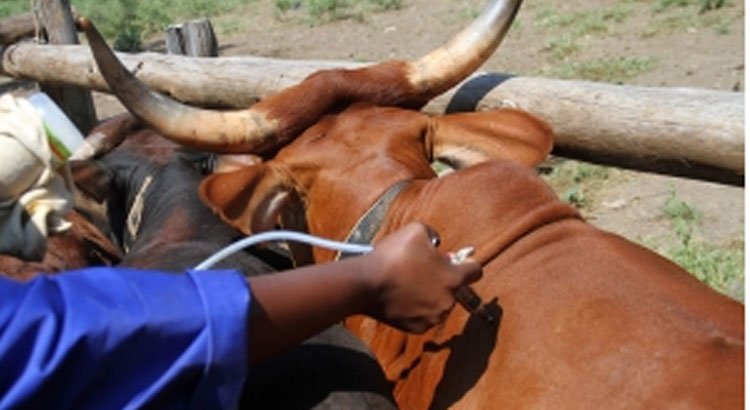
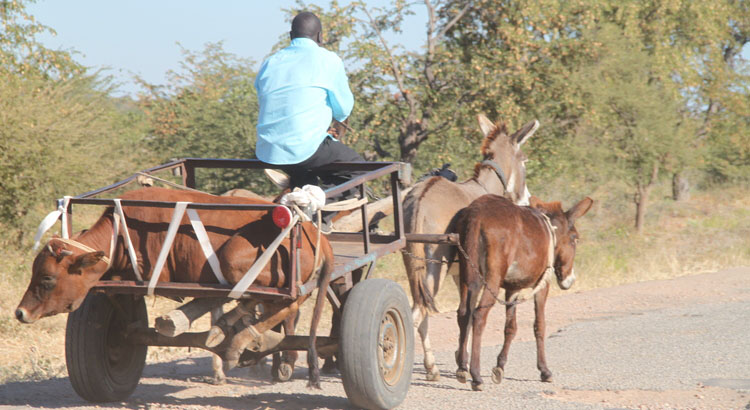

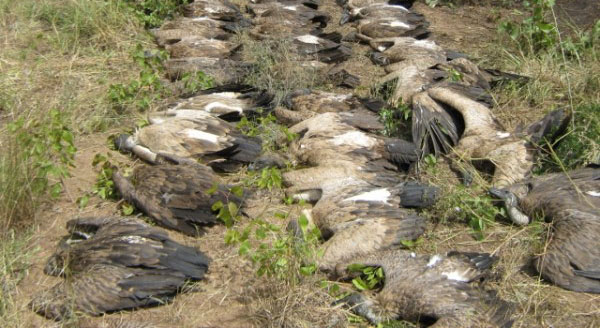
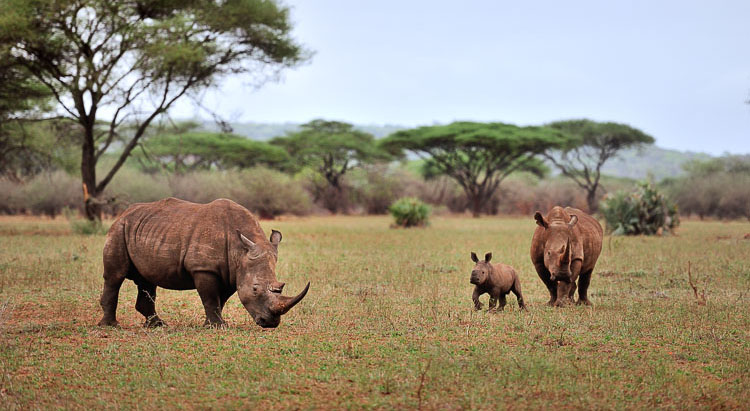
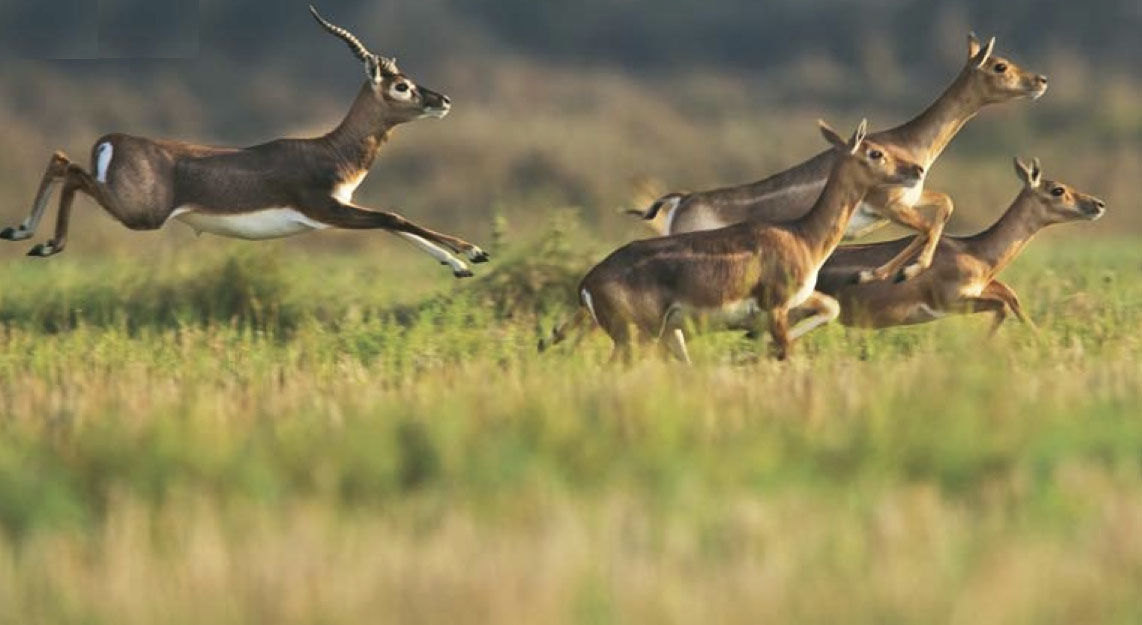


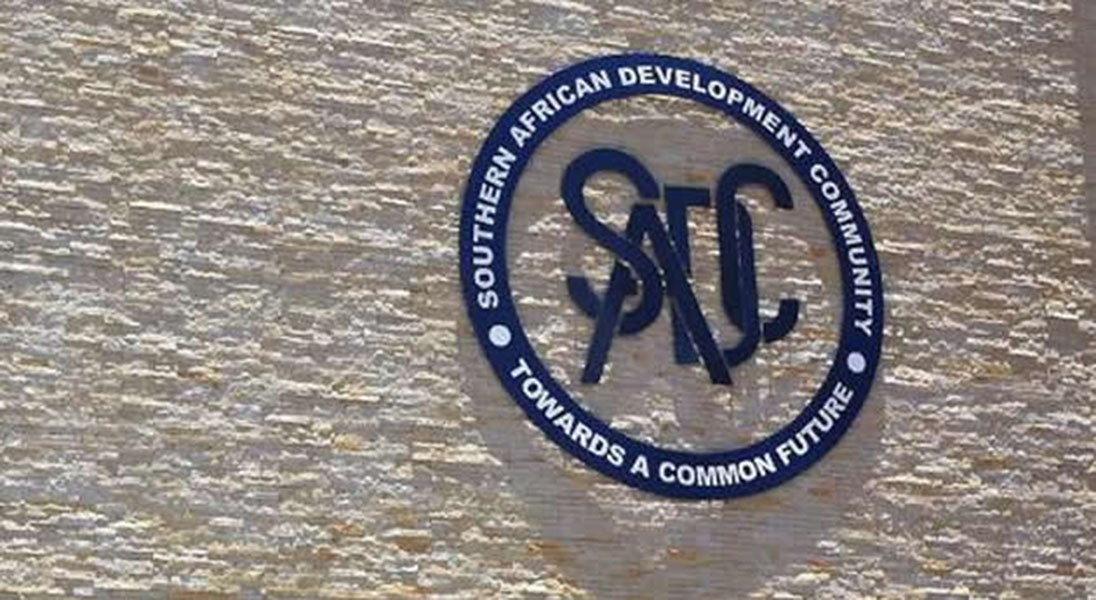
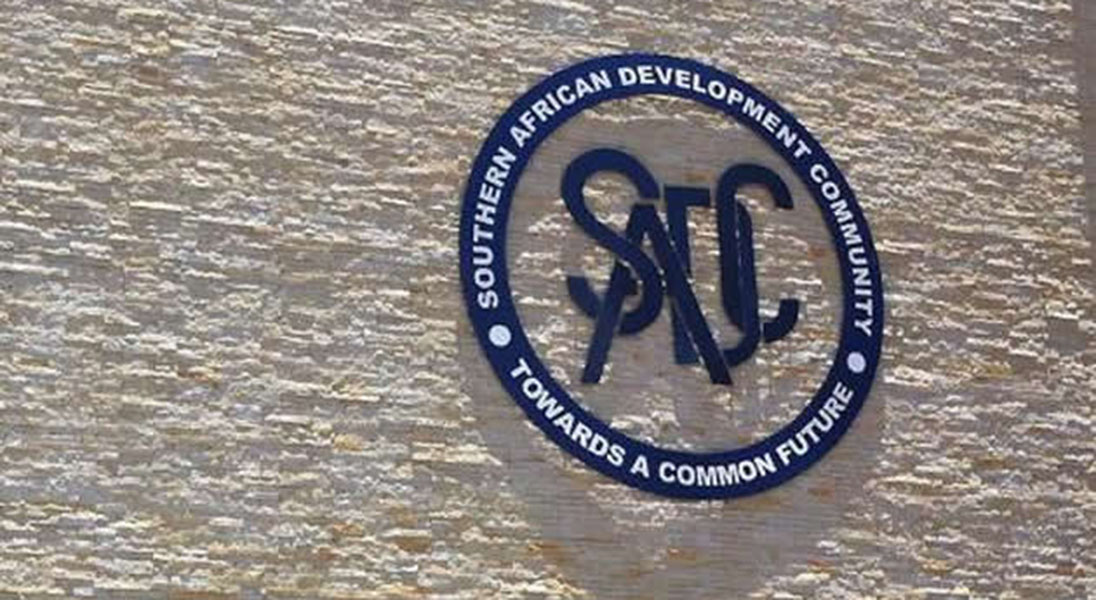

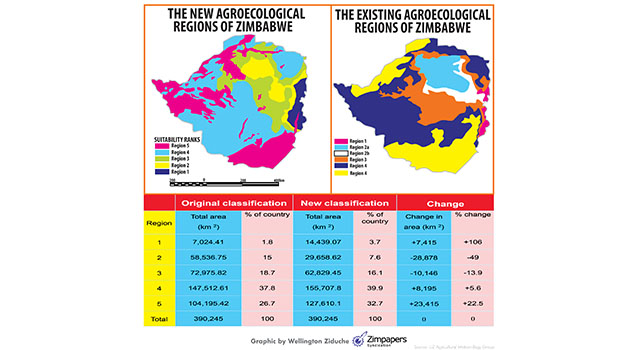
Comment